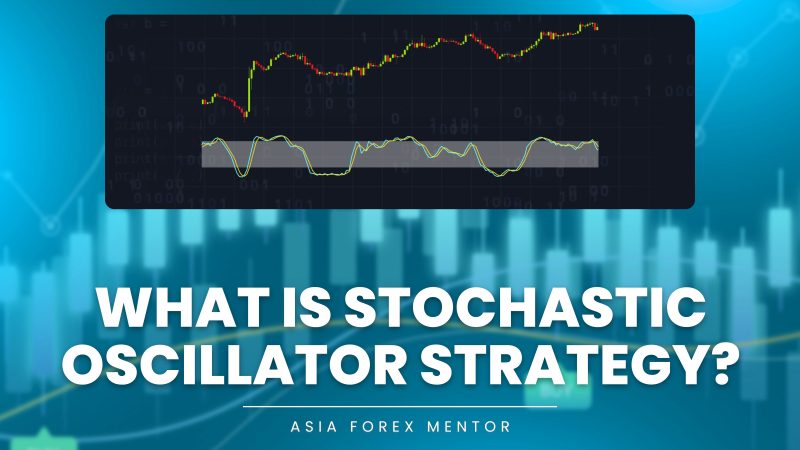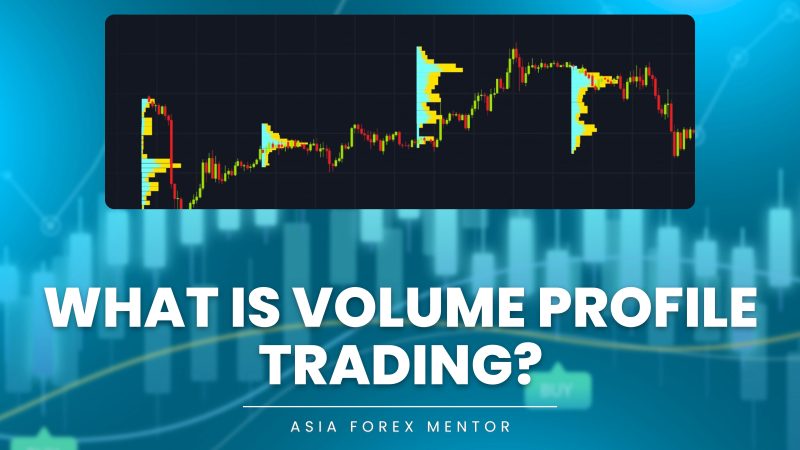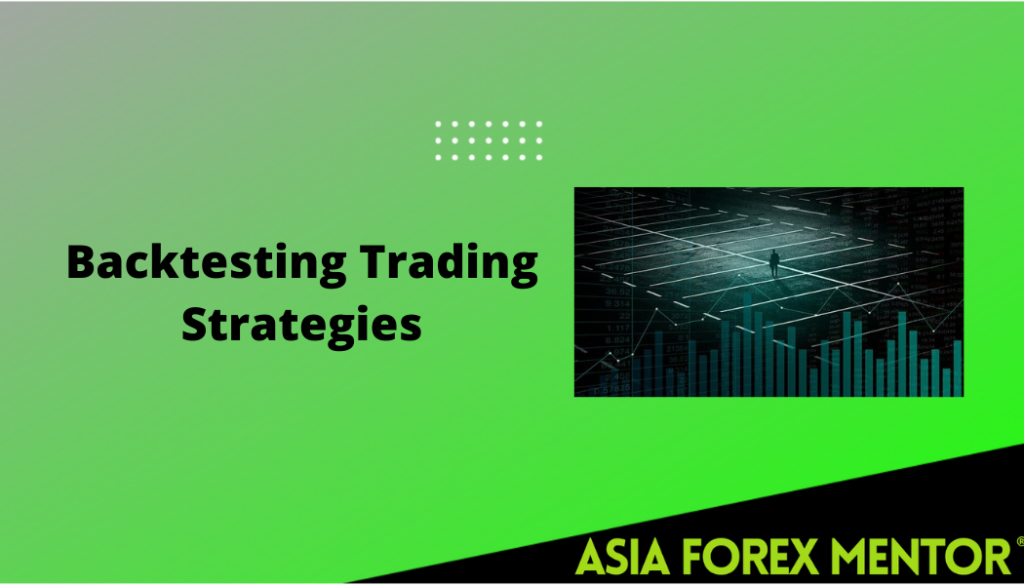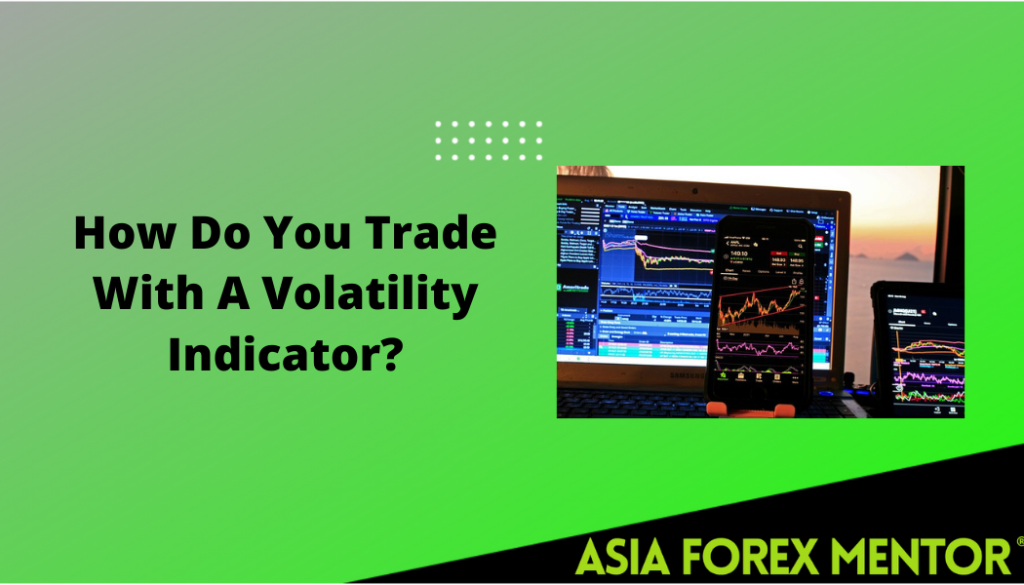When we talk about trading stocks, we tend to focus a lot on company performances, market sentiment, analysis, charts, and lots of other factors. Even when talking about skills required by a trader to become successful, we only focus on “an awareness and knowledge of financial markets” or the ability to identify market patterns.
An often ignored but highly critical aspect is psychological factors, also known as stock market psychology. This article is dedicated to deciphering market psychology and helping you transform into a behavioral finance expert. At the end of the article, I'll also include an in-depth example of how a lack of market psychology understanding can lead a new trader down a dark path.
Also Read: Investor Emotions And How It Affects The Stock Market
Contents
- What is Market Psychology?
- The Four Main Emotions Faced by Traders & Investors
- A Perfect Example Of A Trader Who Hasn't Mastered Market Psychology
- Final Word
What is Market Psychology?

Psychology is the study of the human mind and behavior. Hence, when people talk about market psychology, they're referring to the self-defeating emotions that stock traders encounter while trading in the market. I'm sure it comes as no surprise that emotions can be one of the biggest obstacles to becoming a successful trader.
Like in all other aspects of our lives, you'll need to learn how to control your emotions and maintain a controlled mental state while trading in financial markets. Remember, regardless of the number of in-depth training programs you go through, none of it will matter if you lack the mindset to execute your trading strategies in a disciplined manner every single trading day.
The Four Main Emotions Faced by Traders & Investors
In this section of the guide, we'll briefly examine the two strongest emotions in market psychology and ways new traders and investors can get around them. Master these, and you're well on your way to becoming the next Mark Douglas.
-
The Fear of Missing Out (FOMO) & Greed
The fear of missing out often occurs when market prices are making big moves that some investors have missed. Often, this leads to investors chasing entries, which is never a good idea after the window of opportunity has closed.
Even worse, the more wildly successful other traders and investors who entered early are, the stronger the urge and Greed to join get.
FOMO & Greed are notably harder for inexperienced traders and investors to control because these individuals are yet to get burned as often as those who have been in the stock market for a long time. If that sounds like you, most experts offer a simple solution: punishing yourself.
For example, anytime you do not abide by your trading plan, you stay away from the market for at least 36 hours.
Better yet, to improve your chances of “catching the move” next time, steer clear of crowd psychology and employ a trading plan that awards you a high degree of focus and the ability to pounce on unfolding opportunities as fast as possible on any trading day.
Consider the mindset of military snipers, who remain highly attuned to their environments over long periods, but then are required to act unusually decisively whenever high-value targets present themselves. In financial markets, these are referred to as “inflection points,” where different factors underlying a trade strategy line up concurrently.
Recognizing these factors as they unfold allows you to become selectively aggressive and trade as much as you wish without exposing yourself to a great deal of risk. Over time, this cognitive shift will start to occur seamlessly.
-
Fear & Hope
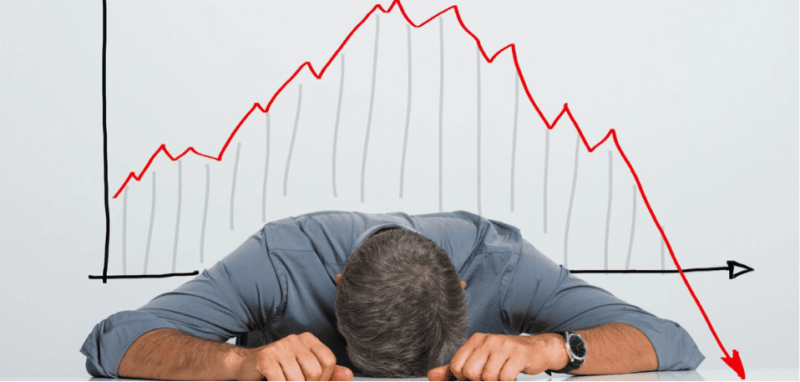
After FOMO, fear & hope are the other most common emotions that have put most new traders and investors in disadvantaged situations.
Amateur traders are not particularly organized, and they're very easily distracted. Most of them lack defined processes for tracking, researching, and participating in trading opportunities in the stock markets.
What most of these amateurs do not realize is that successful market participants (including institutions engaging in high-frequency trading) usually cast wide but carefully selected nets, analyzing research, studying different instruments and markets, digging into data releases, and earning reports on platforms like Morgan Stanley or Goldman Sachs, consulting with value colleagues, and more.
From all this information, seasoned traders can identify promising and unique opportunities while simultaneously employing educated risk aversion techniques.
Amateur traders, however, often pursue less information and have fewer relationships with seasoned traders, which leaves them either fearful or mindlessly hopeful. Remember, while hope is a positive emotion, it quickly leads to massive losses when not embedded in logic.
Does this sound familiar? “Let me hold on to my positions a little longer. Stock prices will start increasing again and help me recover my losses, after which I'll close all my positions in the market.”
Fear, on the other hand, often manifests itself after you've placed a trade, but fear starts creeping in when the market price either consolidates longer than you expected or starts moving in the opposite direction.
The thought of losing then instills fear in a trader's mind, causing them to enter loss aversion mode and make sudden, uneducated decisions to square off their positions while going against their original trading plan. Does this sound familiar as well?
When Greed & FOMO attach themselves to fear & hope, the results are almost always a disaster. Don't let this be you in the stock market.
A Perfect Example Of A Trader Who Hasn't Mastered Market Psychology

Below, you'll find a hypothetical situation that shows the various phases of stock market psychology that most new traders go through in a typical trade.
Phase 1: FOMO
A trader, let's call him James, buys a stock because his best friend, Michael, mentioned that it's a fantastic trade. At first, James is making good money. Unfortunately, he is mad at himself despite his profit because he did not buy the stocks a week earlier when Michael first recommended it. He feels like a relative loser.
A few days later, the stock reverses, and James is initially happy about it, thinking that this will present him the perfect opportunity to buy even more stocks of the business once it hits a lower price. After the stock price goes below his initial entry point, he buys a second match. He is now in the evil game of averaging down a position, one of the worst trade decisions one can make in the stock market.
Phase 2: Greed
Suddenly, the rate at which the stock price is dipping increases. James is still happy that he has another opportunity to buy at a cheaper price. Immediately after buying the third batch, however, the bargain starts feeling less like a bargain to James.
“Why is the stock crashing so fast? Aah, who cares? Michael said it's a great stock, and he is one of the best burgeoning financial professionals, so he knows his stuff when it comes to financial markets.” Here, James commits another sin in the realm of trading, i.e., trading other individuals' tips. It's an extremely dangerous game, but he's yet to realize it.
By now, James has already bought his 4th batch and is way underwater, negative on his overall position. But he's still feeling okay about his decisions. Why? Well, James knows that he has now bought at prices lower than Michael's.
That means he'll make the most when the prices inevitably bounce. James has just engaged in yet another fallacy. Comparing himself to others and referencing others' trades.
Phase 4: Mindless Hope
When the sharp drop in the stock price continues in the ensuing days, James starts feeling agitated because the loss is now way bigger than he's willing to lose. But he still expects the stock to bounce soon and make a handsome profit. Except, it doesn't.
When the stock continues to trade lower, James stops sleeping well like he did before Michael introduced the stock. He tries calling Michael for some advice, but Michael isn't picking up.
Several days later, the stock begins yet another acceleration downwards, thanks to some bad news regarding an SEC inquiry regarding a shady purchase the business made the previous year. The company's stock is pretty much in free fall at this point.
Phase 5: Reality Check
Eventually, James decides to close out the trade, thinking, “why am I such a fool? Why didn't I stop the trade as soon as it dropped below my initial entry level? Why? Why? Why?”
Now that he has taken the stop, he's exhausted, but at least he is relieved. He lost a considerable amount, but he's happy he won't need to suffer any more misery.
Several days later, James looks at the stock again and finds it dipped even lower. Despite the high amount he lost, James feels quite happy now because the price went lower. This is yet another classical trading psychology problem; Referencing your own behavior. Why would you feel any type of way about any individual stocks when you have no open position?

Michael still isn't picking up his phone, but James doesn't care at this point. “He lost more money and is probably more depressed than I am,” James thinks.
Several days later, the stock starts moving higher, but James doesn't bat an eye because he promised never to get involved with the stock again. That same day, Michael calls James while upbeat, having been on a several weeks' well-deserved vacation in the Maldives.
James is puzzled. “How can you be so happy after losing all your money?” Simon asks. After talking for a few minutes, he learns that Michael sold his position at the top in profit before leaving for the vacation. James feels disgusted after learning he is, after all, the biggest loser.
Even worse, Michael points out, once again, that he's positive the company stock will skyrocket in light of the fact that the SEC has cleared it of any wrongdoings. Michael had already bought the shares a few days earlier, close to their lowest lows.
Phase 6: FOMO All Over Again
James realizes that had he not sold his shares, everything would be okay now because the price is destined to move past its previous high. After several days of the stock rising sharply, James gives in and decides to buy again after hearing that Michael averaged up and made a significant profit.
Also Read: Trading Psychology: Conquering Your Emotions
Final Word
This story has most of the ingredients of what most new market participants go through before mastering behavioral finance and market psychology: relief, guilt, depression, happiness, fear, agony, regret, and a whole lot of other human emotions.
To become a profitable trader, learn to manage your feelings and trading psychology. Only trade asset classes that align with your trading strategies and technical analysis. And please, exit when stock prices go against


